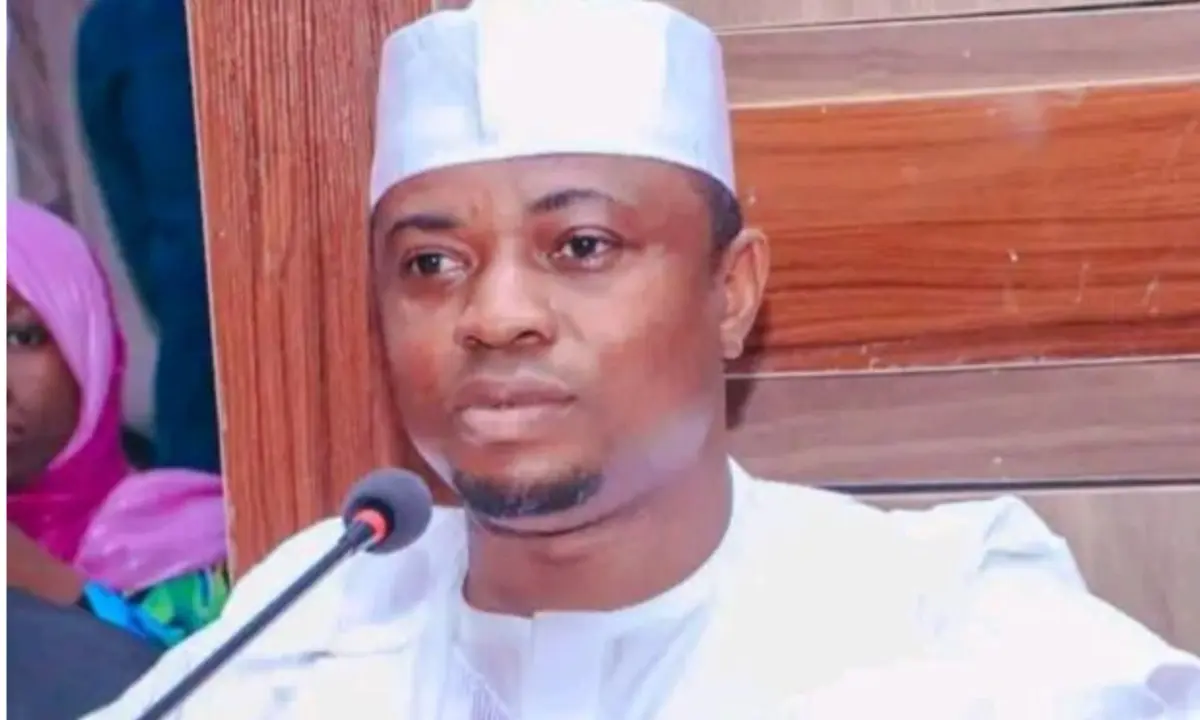In the heart of Nigeria’s capital, something alarming is happening — primary school teachers are fed up. They’re not just protesting unpaid salaries anymore; they want the law changed. As education in the FCT continues to wobble, teachers under the Nigeria Union of Teachers (NUT) are calling for legislative reforms that could redefine how basic education is managed.
Background of the Crisis
For years, FCT primary schools have been plagued by irregular teacher pay, lack of teaching materials, and dilapidated infrastructure. The crisis hit a boiling point in 2024 when months of unpaid salaries forced many teachers into indefinite strikes, leaving thousands of pupils without lessons.
The Role of the Nigeria Union of Teachers (NUT)
The NUT, a powerful union for public educators across Nigeria, has taken a bold step. Rather than just demanding better welfare packages, they’re pushing lawmakers to amend existing laws that put the management of primary schools under multiple, often conflicting, authorities.
Current Management Structure of Primary Schools in the FCT
Currently, Local Education Authorities (LEAs) oversee primary schools in the FCT. While these bodies are meant to act on behalf of the FCT Universal Basic Education Board (FCT-UBEB), their autonomy and inconsistent funding have made coordination difficult.
Why Teachers Want Legislative Amendment
Teachers argue that decentralization has caused confusion, delayed payments, and stunted career growth. They believe a clearer, centrally governed framework — possibly placing all authority under a federal board — would enhance efficiency and accountability.
What Kind of Amendment is Being Proposed?
The teachers want the National Assembly to revisit sections of the UBEC Act and Constitution that pertain to FCT school funding and governance. They seek to unify school management under a single body that can guarantee timely funding and enforcement of educational standards.
Impact on Teachers
If successful, these amendments could:
-
Ensure prompt salary payments
-
Create a more transparent promotion system
-
Protect teachers from political interference
-
Enable long-term planning and training programs
Impact on Pupils and Parents
Stable teaching staff equals better learning. Kids won’t have to deal with repeated class closures, and parents will feel more secure sending their children to public schools.
Stakeholder Reactions
-
Parents are hopeful that these changes will bring back teaching stability.
-
School heads agree that poor funding affects everything from chalk supply to lesson delivery.
-
FCT officials have acknowledged the issues but stress the need for constitutional guidance before changes can be made.
Statements from Key Figures
The FCT NUT Chairman recently stated: “This is not about salaries alone — it’s about saving the soul of public education in the FCT.” Lawmakers, while cautious, have hinted at the possibility of a constitutional review.
The Bigger Picture: National Education Policy and Constitution
Under the current UBEC model, FCT is caught between state-like and federal functions. This gray area has led to confusion about who’s responsible for funding and oversight. Teachers want that fixed.
Challenges with Legislative Reforms
As always, change isn’t easy:
-
Legislative processes are slow and politically sensitive.
-
Budget cycles and electoral timelines often delay implementation.
-
Political will is not always aligned with educational urgency.
Successful Examples in Other States
States like Lagos and Ekiti have passed clear laws defining roles in primary education, resulting in better funding flows and fewer strikes. Teachers in FCT believe a similar approach could work.
The Role of Media in Advocacy
Coverage by platforms like Premium Times, Channels TV, and education blogs have elevated the conversation. More people now understand what’s at stake.
Public Sentiment and Social Media Reactions
Hashtags like #SaveFCTSchools and #EducationIsARight have trended in recent weeks, with many Nigerians expressing shock that teachers in the nation’s capital are struggling this much.
Conclusion
Fixing primary education in FCT isn’t just about money — it’s about structure. The teachers’ call for legislative amendment could be the turning point. Whether lawmakers listen or not, one thing is clear: the system as it stands is broken, and real reform can’t wait.
FAQs
1. What law governs primary education in Nigeria? The UBEC Act and related sections of the Nigerian Constitution govern universal basic education.
2. Who currently manages primary schools in the FCT? Local Education Authorities under the FCT-UBEB, with oversight from the FCT Education Secretariat.
3. Why are teachers advocating for legislative change? To resolve funding delays, management confusion, and create a clearer chain of command.
4. Will this affect federal government unity schools? No. The advocacy is specific to public primary schools managed by FCT authorities.
5. What’s next for the legislative campaign? Lobbying lawmakers, engaging the public, and preparing constitutional amendment proposals for deliberation in the National Assembly.



